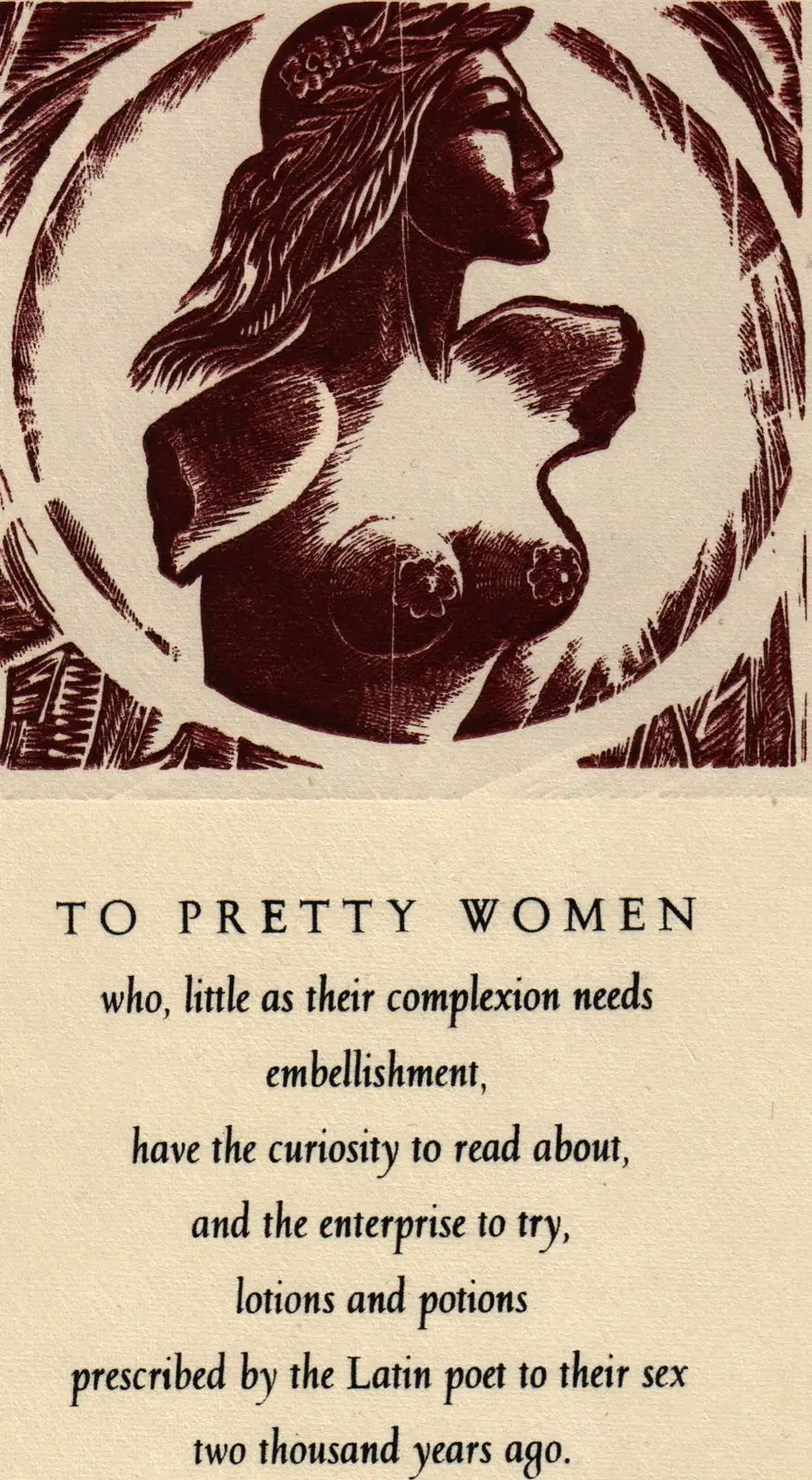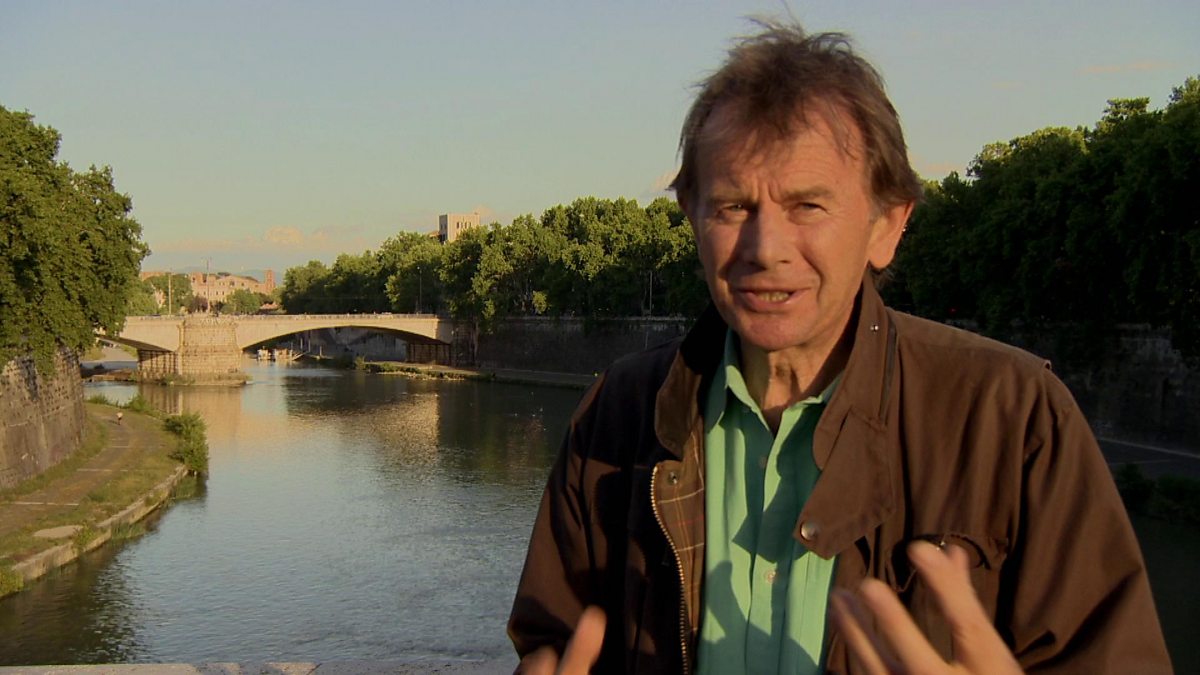

Copious quotations from the poet’s own words are presented as factual, as in Radulescu’s interpretation of Tristia 1.1 as straight narrative ‘in a simple style, without any literary ornaments’ (p.117). A lack of indentation suppresses the elegiac format of the original Latin verse. Passages from Ovid are always quoted in both English and Latin, mostly from Loeb. The next three chapters treat adequately of the various well-known stages of Ovid’s career, liberally illustrated with extensive quotations. The author invites us to ‘look at the heart of Dobrogea, contemporary Constanţa… both to admire its most hidden historical vestiges, but also to listen to the lament of the crystalline echoes rising out of the undulating sea, in their joining with the verses created and spoken by Ovid along its shore.’ For Radulescu, the exiled Ovid was the first great Romanian poet, inspired by his unique Romanian ambience. A ‘Selected ( sic) Bibliography’ (pp.167-173) and an Index of eleven pages (pp.175-86) follow.Ĭhapter I sketches the geographical and historical background of modern Constanţa, starting with a quasi-lyrical excursus on Ovid the poet as ‘the bard who… sang to the austere souls of the Geto-Dacians’ (p.11).

Seven chapters deal in turn with ‘Tomis and the Black Sea Coast’ (I, pp.11-20), ‘Ovid in Italy’ (II, pp.21-62), ‘Banishment from Rome’ (III, pp.63-75), ‘Voyage from Rome to Tomis’ (IV, pp.77-90, with a map on 76), ‘The Getae and Tomis’ (V, pp.91-139), ‘Post-Ovidian Tomis’ (VI, pp.141-150), and, finally, ‘Ovid and Posterity’ (VII, pp.151-166). The flowery nature of this handbook may, however, stem from the archaeologist’s own highly enthusiastic Romanian idiolect being faithfully rendered with the aid of a dictionary by another non-native English speaker, and should be discounted as such, in favour of a focus on content. The learned professor’s prose reads like the breathless enthusiasm of guidebooks written in English by authors for whom English is a foreign language. These readers are in for an exciting and rather rough ride.

The Preface (pp.7-9) offers a two-pronged rationale for the work: ‘to reconstitute for the reader the small universe of Ovid… introduction for visitors who come to Constanţa each year’ (p.8). Radulescu, as a notable archaeologist and researcher in Romanian prehistory, provides fascinating details about the early history of his home town, modern Constanţa, the former Tomis, locus of the poet Ovid’s banishment.

Footnotes in the two versions seem to differ in both numbering and content. It is unclear whether it is a reprint of the 2002 translation by Laura Treptow (Iaşi, Oxford, Palm Beach and Portland, Center for Romanian Studies), or a new version. This book is presented as an (anonymous) translation of the author’s 1998 Romanian-language Ovidiu la Pontul Euxin (Constanţa, Ex Ponto Publishers).


 0 kommentar(er)
0 kommentar(er)
